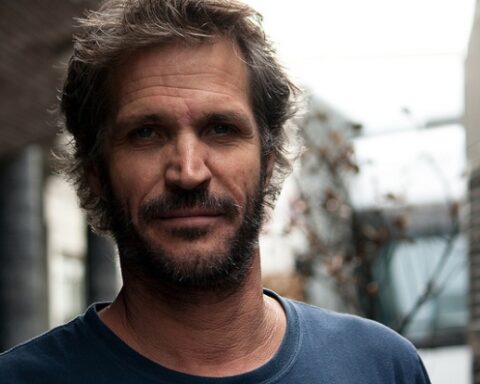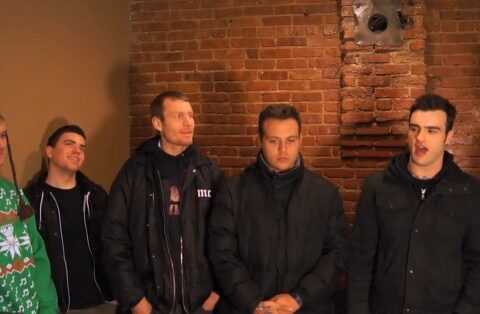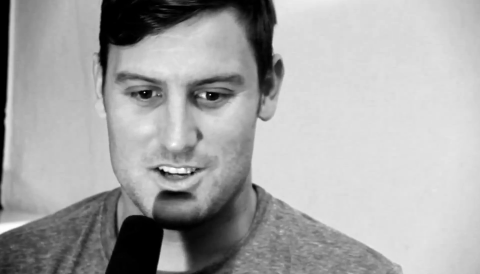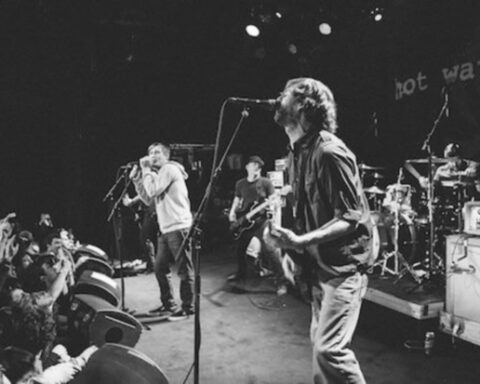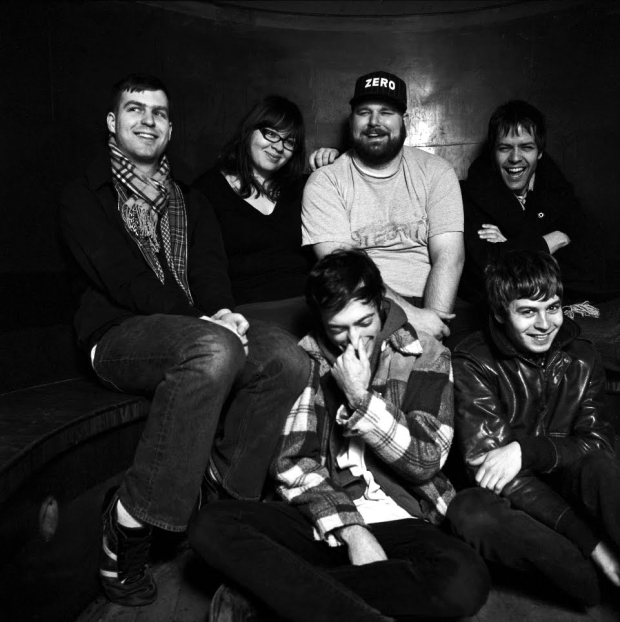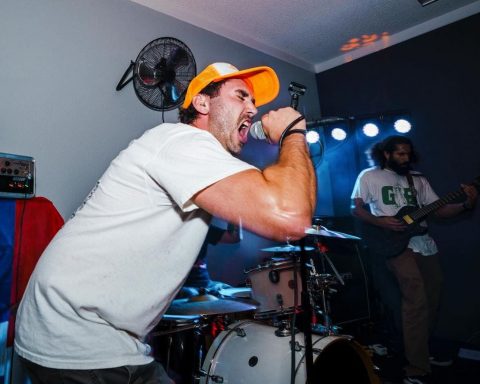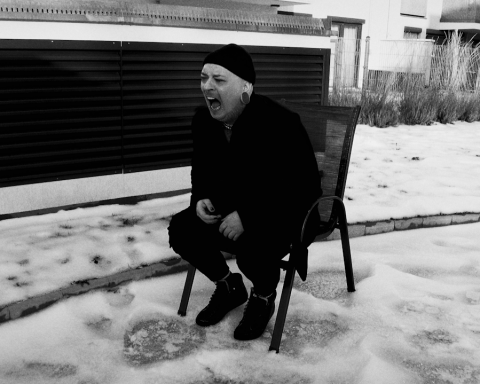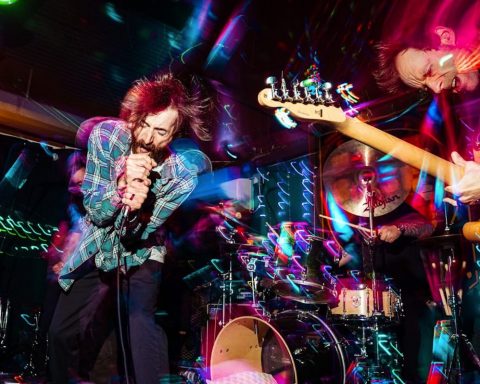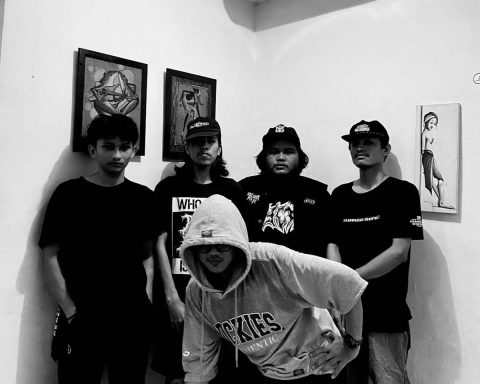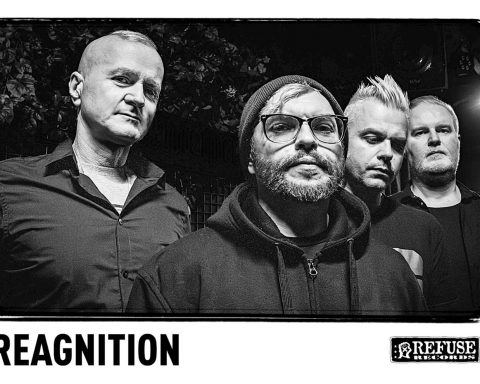Poland’s Metal Centre recently conducted an interview with Steve “Zetro” Souza, the former singer of EXODUS and LEGACY (which was TESTAMENT‘s original name from 1983 to 1986) and now the singer of HATRIOT.
You recorded five albums with [EXODUS] and reportedly you [were] kicked out from the band. Tell us something about this incident?
I wasn’t kicked out of the band the first time. The band split up after the tour for “Force of Habit”. We were in Japan and [Exodus guitarist] Gary Holt announced that we were done, so that was it for the first wave of the band. I did quit Exodus in 2004, during my second stint with the band. I was having a lot of issues at home and couldn’t deal with everything. My head was in a different place. I left the band high and dry and I do regret that a lot. We have patched things up and are good friends again, so it is all cool.
There’s no denying that the sound of your voice is very original and definitely is one of the best at thrash metal scene. How did you [develop] such [a] singing [style]?
I grew up around hard rock my whole life. My dad was an old-school biker and he had all the [Black] Sabbath and [Led] Zeppelin records back in the day. I grew up on it. When I found AC/DC, everything changed. I wanted to be Bon Scott. He was the ultimate rock god. I modeled my voice after his and worked on it for years until I found my signature sound.
You play traditional thrash metal despite the fact that [there are] thousands of bands [out there] playing old-school metal. Don’t you think about [adding something new to] your music, something more original, to [make it] more attractive [to the] listeners?
I think Hatriot will stand out from the crowd because of a few things. First off, there is an interest because of my past history. Secondly, this album is going to be so fucking heavy! The guys in my band are younger and they bring a new set of influences to the table. There might be some death and black metal influences in spots. My roots are firmly planted in thrash and I feel that fans of Exodus, and thrash in general, will love what we are doing with Hatriot. No doubt about it.
How does the relationship between you in a band? You’re the oldest. Your sons play with you. Other musicians are also very young. Are you the undisputed leader of the team because of your age and experience?
I am definitely the guy that guides the boat. My name carries a lot of weight in the business and my experience allows us to not make mistakes that young bands make. The relationship between bandmembers is a strong one. They respect me and I respect them. Every practice is a lesson. I am teaching them what to expect when this thing takes off.
You have to need very good physical condition to be crazy on a stage during the concerts. Thrash metal scene requires dedication, vitality, energy, and, of course, the headbanging (until the head breaks off). [How do you prepare] for concerts?
Well, lately I have been doing a few miles a day on a treadmill and I watch my diet. I can’t let these young guys show me up on stage, so I have been working hard at it. I’m not saying I stick with the diet all the time, but I do make an effort to do what I can. Thrash does require a lot of physical discipline. I don’t have any remedies, really — just warm-ups and stretching. As the tour goes on, my neck gets used to all the headbanging. It’s like working a muscle in. The more you use it, the more you get used to it. It doesn’t hurt so bad! I’ve been headbanging professionally for almost 30 years and you would think I would have slipped a disc by now, but that’s not the case.
You [have been a part of the] thrash metal scene for over a quarter century. Tell me, what has changed in the scene for the better and what for the worse?
Well, for the better, obviously the Internet has become a huge marketing tool. You can get your music out to a lot of media without using a label. That is a double-edged sword, though. There are too many bands doing it. The market is way past oversaturated. The technology has hurt the industry. I used to sell two to three hundred thousand copies of an album with Exodus back in the day. Now the bigger bands, like Machine Head size, sell sixty thousand and it is considered a success in the industry. This makes concert tickets and merchandise more expensive because the bands can’t survive off record sales. Unless you are Metallica, which we obviously are not, nobody survives off record sales anymore. I have a poster on my wall that is for Black Sabbath and Exodus on tour from 1992 and the tickets were just thirteen dollars. That would be a seventy-dollar ticket now. So that is how it has changed, in my opinion.
You can read the rest of the interview here.





